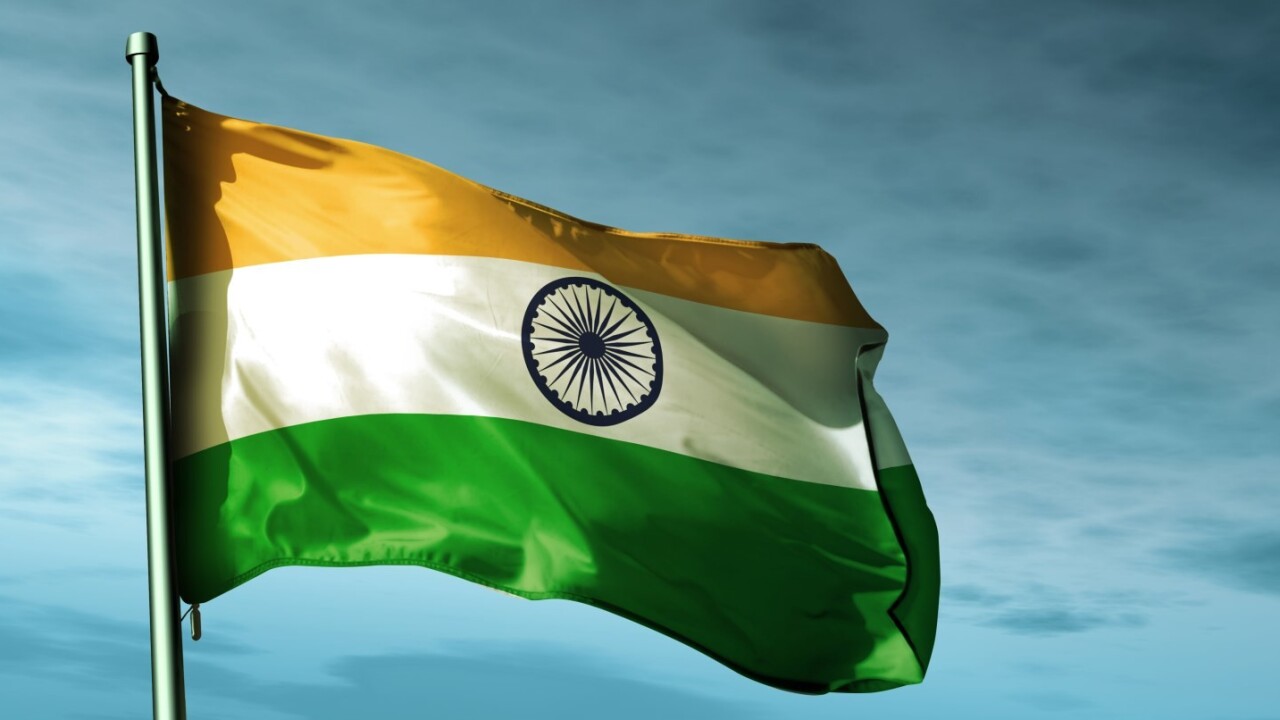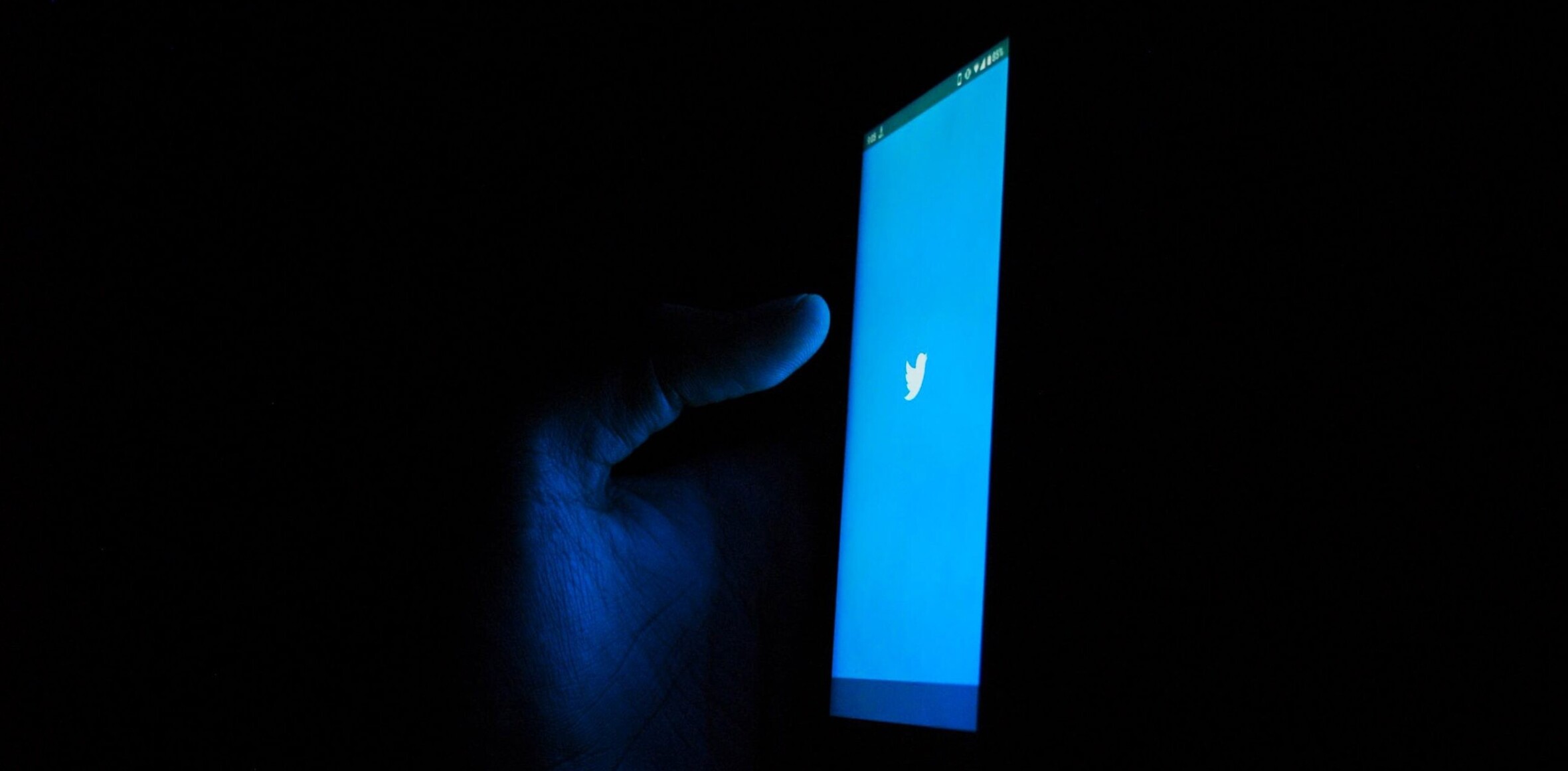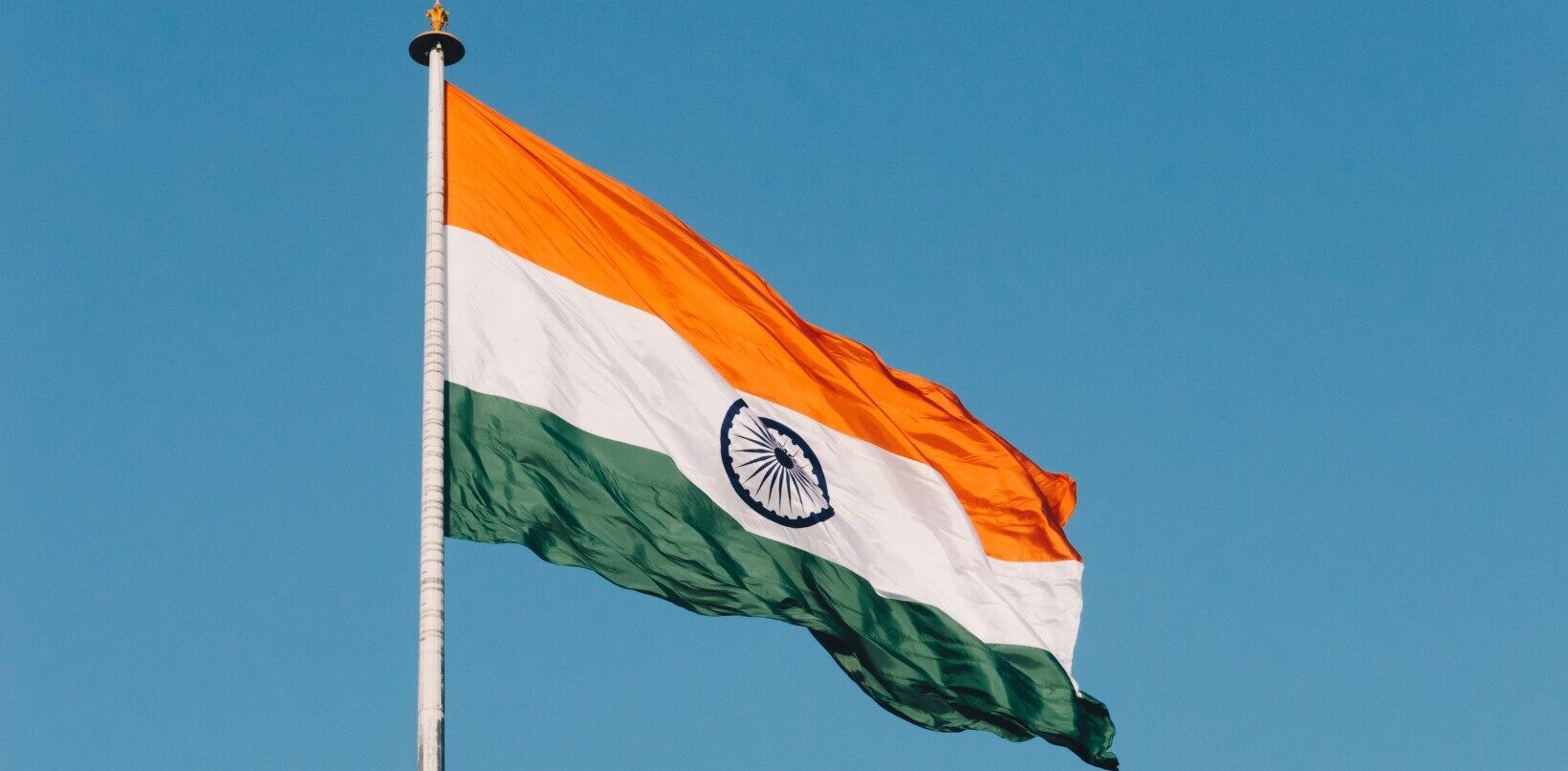
A government order issued on Wednesday shut down 22 online services in the north Indian state of Jammu & Kashmir, where mobile internet has already been blocked since April 17 for its population of 12.5 million. It’s not the first time, and sadly, it will probably not be the last.
Internet access has been blocked in the region more than 30 times since 2012, with a view to quell unrest among citizens there. It’s the same story this time around: Major services like WhatsApp, Twitter, Facebook, Telegram and Reddit are being blocked, as they are“being misused by anti-national and anti-social elements” in the state to disturb “peace and tranquility.”
Copy of the J-K govt order banning social sites and instant messaging platforms @htTweets pic.twitter.com/bHFBvAPeqQ
— Abhishek Saha (@saha_abhi1990) April 26, 2017
What’s going on here? As BuzzFeed News noted, Kashmir sees plenty of violence as it’s fought over by India and Pakistan, and the Indian army frequently clashes with residents over a range of issues, including separatist efforts. It’s estimated that nearly 50,000 people have lost their lives from 18 years of insurgency there.
The Indian government is quick to turn off internet services when it believes that misinformation about ongoing strife may spread in a region; according to the non-profit Software Freedom Law Centre, there have been 73 internet blackouts in the country since 2012. In 2016, it had more of those than any other country on the planet.
What’s more, India’s Supreme Court ruled in February 2016 that districts and states can temporarily switch off mobile web services to prevent law and order problems in the country.
There’s no evidence to support the idea that internet blackouts help to quell unrest, and it can cost states and citizens plenty of money (around $1 billion on 2015-16 for India, according to the Brookings Institution). It boggles the mind that governments still enforce such blockages when they know that it cuts off vital channels of communication.
If a government is concerned about the spread of hoaxes, it should work towards informing people with credible and timely information and empower them to stay in touch with authorities that can assist them in times of unrest, as well as with their loved ones to ensure their safety. Resorting to rash measures that haven’t been tested for effectiveness is not the answer.
The latest development in Kashmir is, sadly, another example of a government failing its people.
Get the TNW newsletter
Get the most important tech news in your inbox each week.





